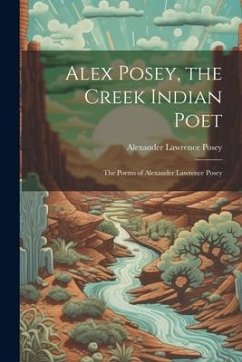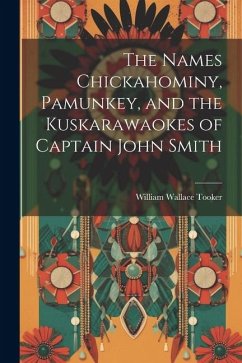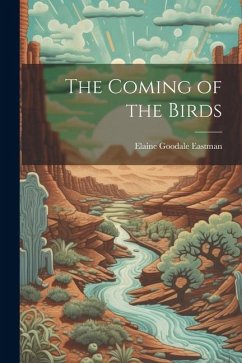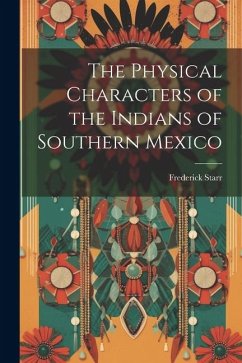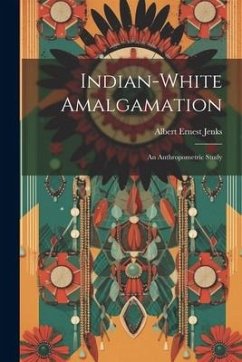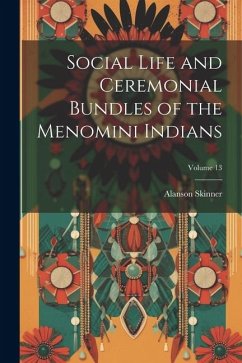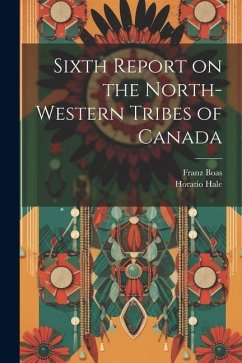
Alexander Lawrence Posey
Broschiertes Buch
The Poems of Alexander Lawrence Posey
Versandkostenfrei!
Versandfertig in über 4 Wochen
Weitere Ausgaben:

PAYBACK Punkte
10 °P sammeln!




The Poems of Alexander Lawrence Posey
Alexander Lawrence Posey (1873 - 1908) was a Creek journalist, poet, and politician. Born near Eufaula, Posey was the eldest of twelve children of Lewis Henderson Posey and Nancy-Creek name, Pohas Harjo-Phillips Posey. Orphaned early, Posey was collectively raised in the Creek Nation along with his siblings by his mother's Wind Clan in the tribal town of Tuskegee. Leading up to the death of his parents, Posey and his siblings spoke the Muscogee language though their father insisted they learn English, receive somewhat of a formal education and by some means assimilate into a more Euro-centric culture. While Posey would develop the ability to read and write in English (going so far as to be inspired by the naturalism of John Burroughs and Henry David Thoreau) he would never forsake his Native Heritage, working at the Indian Journal throughout his college years and going on to represent his mother's clan in his membership with the Creek National Council. At the age of 28, Posey gained national recognition for founding the first Native American daily newspaper, the Eufaula Indian Journal. Here he would publish letters under the fictional persona of "Fus Fixico," a full-blooded Muscogee traditionalist who would comment in Creek dialect-made popular at the time by Black authors and "Negro dialect"- on the state of Native American and European relations as they pertained to U.S. politics and maintaining a sense of sovereignty in the Native territories. In many ways an activist, Posey would use his position as secretary to the Sequoyah Constitutional Convention to draft a constitution in hopes of establishing an indegious-controlled State of Sequoyah. The petition would ultimately be rejected by the United States Federal Government, but as one of Posey's last major acts before his untimely death in 1908 it nevertheless cemented his legacy as a leading Native American figure of the early twentieth century.
Produktdetails
- Verlag: Creative Media Partners, LLC
- Seitenzahl: 208
- Erscheinungstermin: 27. Oktober 2022
- Englisch
- Abmessung: 234mm x 156mm x 11mm
- Gewicht: 299g
- ISBN-13: 9781016005845
- ISBN-10: 1016005849
- Artikelnr.: 67184118
Herstellerkennzeichnung
Libri GmbH
Europaallee 1
36244 Bad Hersfeld
gpsr@libri.de
Für dieses Produkt wurde noch keine Bewertung abgegeben. Wir würden uns sehr freuen, wenn du die erste Bewertung schreibst!
Eine Bewertung schreiben
Eine Bewertung schreiben
Andere Kunden interessierten sich für




